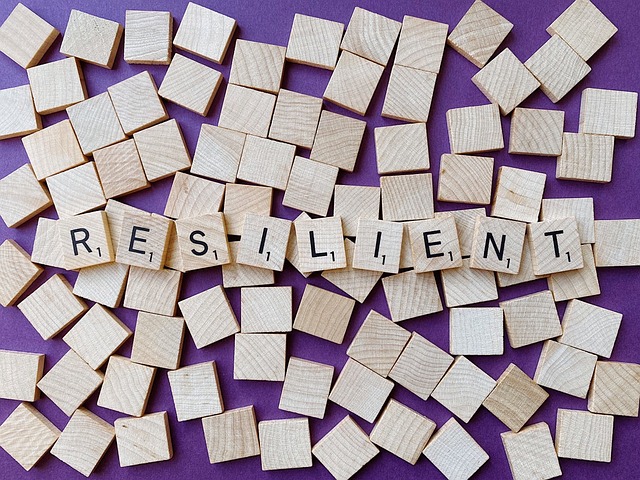This week is Children’s Mental Health Week and the theme is – Know Yourself, Grow Yourself. It is about developing self-awareness so they get to know themselves, understand themselves, and ultimately build resilience. Resilience is a bit of a buzzword that can feel like it is a bit overused, but it is important for your young person to develop their self-awareness to improve their resilience and emotional intelligence.
There is a lot of focus on academic atttainment in schools, and they hear over and over again how important their educaiton is. The idea of failure is not really an option for many, and yet life is full of challenges. The better we cope them to manage the ups and downs that life can bring the easier they will find life, relationships and the work environment. Knowing themselves will help them to get to know others as well.

How Can I help to build resilience?
As parents we want our children to feel safe and happy, so we do a lot for them. It is also an important part of our role to develop their coping skills so they can bounce back when things get tough and manage the challenges life can throw.
Below are some ways you can help to improve their overall resilience
- Encourage them to try new things and to use their judgement – with my own daughter I am trying to encourage her to use her own judgement when it comes to preparing food without asking me what I think. Once they realise that they can do something for themselves it will encourage them to try other things
- Enrol them in activities such as football, or swimming where they may enjoy winning, but may also have to deal with things not going to plan – in competitive swimming for example they are very clear on the rules and if there is a mistake on a turn during a race it will be a straight disqualification no questions asked. If this happens they then learn where they can improve and try to better themselves next time.
- Try to avoid problem solving for them – get them to use their own brain when facing a challenge.
- Talk to them about feelings, both yours and theirs, often young people lack awareness of other people’s emotions due to the way their brain is developing. If they learn to understand and recognise their own feelings they will be more in tune with those of others.
Parenting Teens can be a tough gig, and there seems like there is a lot to think about. If you are the parent of a teen who would
- like to learn how to parent their teen with confidence,
- react without feeling triggered
- improve communication
- take back control
Join me for my online course, The essential guide to Paenting your teen with confidence
